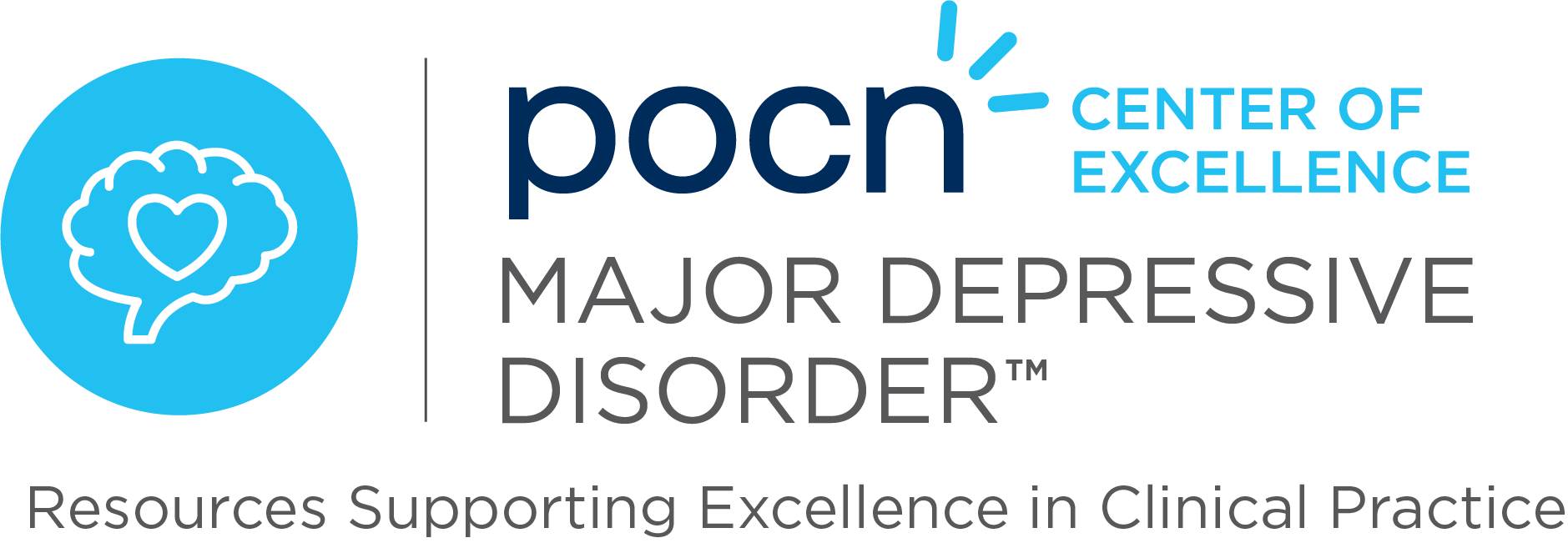Depression impacts approximately 5% of adults globally and includes various disorders like major depressive disorder (MDD), seasonal affective disorder, and persistent depressive disorder. These conditions can severely impact daily life, causing symptoms such as poor concentration, low energy, and suicidal thoughts. The most commonly prescribed medications for depression are selective serotonin reuptake inhibitors and serotonin-norepinephrine reuptake inhibitors, which work by increasing the levels of serotonin and norepinephrine in the brain to improve mood. While many individuals find relief through these medications combined with psychological counseling, a subset of patients experience treatment-resistant depression, making their condition difficult to manage.
For those with treatment-resistant depression, newer therapies such as esketamine (Spravato), a fast-acting drug targeting the brain’s glutamate system, and psychedelics like psilocybin, show promise. Additionally, recently approved drugs like Auvelity and Zuranolone offer novel approaches to depression management, with Zuranolone proving especially effective for postpartum depression. While antidepressants are crucial, combining them with psychological support and lifestyle changes, like exercise, can further improve outcomes.
Reference: Shah-Neville W. New antidepressants: tackling treatment resistant depression. Labiotech. Updated May 13, 2024. Accessed October 14, 2024. https://www.labiotech.eu/in-depth/new-antidepressants-treatment-resistant-depression/



